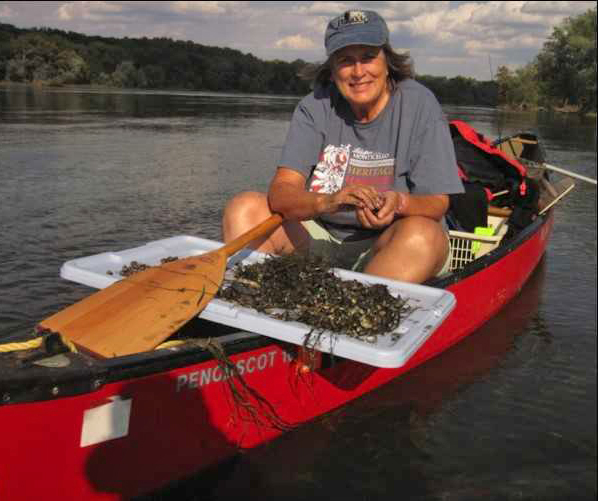The need to reduce the pollutants and contamination in the Anacostia River and its sources remains according to longtime Greenbelt resident Harriette Phelps, a professor emerita in the Department of Biological and Environmental Sciences at the University of the District of Columbia (UDC). Phelps has completed her 17-year study on the detrimental effects of U.S. Environmental Protection Agency (EPA) Priority Pollutants and contamination on local clams in the Anacostia River watershed and sources.
It is a problem for area citizens and their health that has been ignored by legislators and by major news publications, Phelps indicated. The only current plan in discussion to improve the circumstances is a $14 million plan to dig up and remove sediments in the D.C. section of the river. However, this would have to be repeated, as it does not fix the root of the problem that originates upstream in Maryland, according to Phelps.
Phelps used Asiatic clams for freshwater active biomonitoring because the species is widespread, has a high tolerance to toxicants (such as pesticides) and can filter particles as small as bacteria, having the highest filtration rate of freshwater mollusks.
Read the rest of this story in the March 29 News Review.

